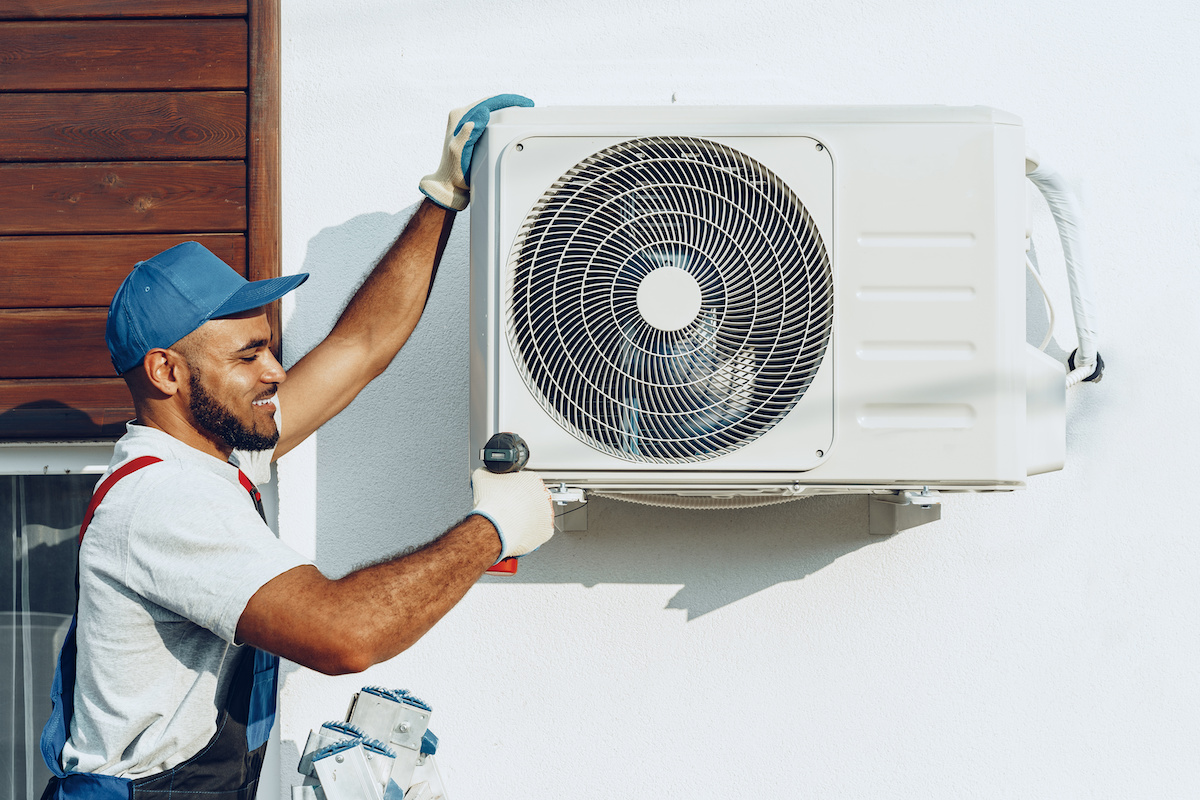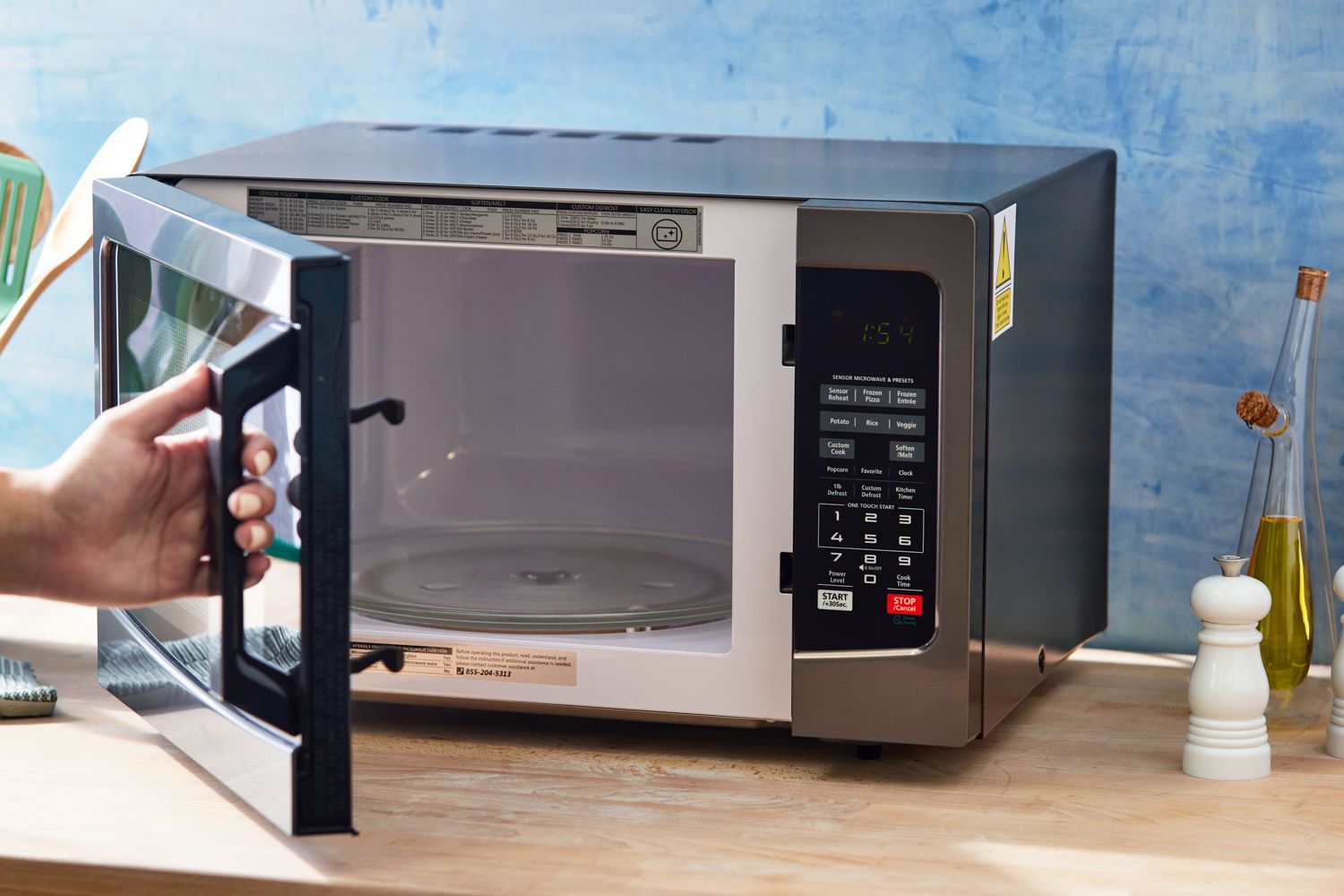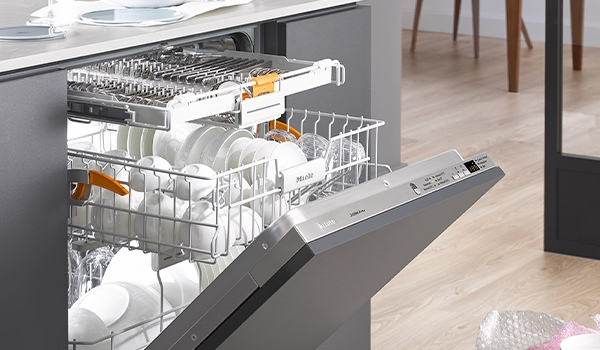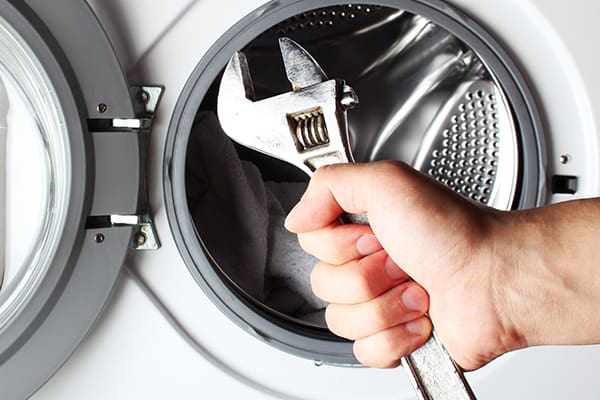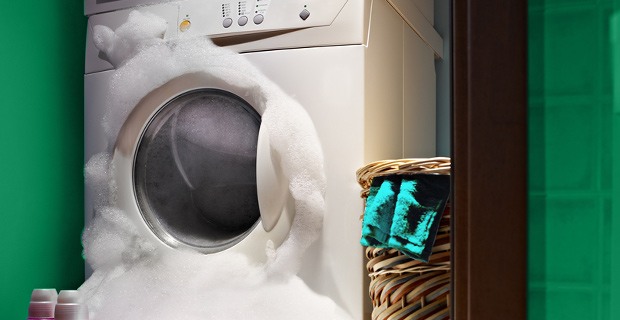Why Air Conditioner Performance Matters?
As temperatures rise, ensuring your air conditioner is performing at its best is crucial for maintaining a comfortable indoor environment. A well-maintained air conditioner not only keeps your home cool but also operates efficiently, saving you energy and money. In this comprehensive guide, we will cover essential tips to boost your air conditioner’s performance, extend its lifespan, and enhance its cooling capabilities. Let’s dive into the best practices for optimizing your air conditioning system.
Why Air Conditioner Performance Matters?
Before we delve into the performance tips, it’s essential to understand why maintaining your air conditioner is so important. Regular maintenance and care offer several benefits:
- Energy Efficiency
- Improved Air Quality
- Increased Lifespan
- Consistent Comfort
Energy Efficiency: A well-maintained air conditioner consumes less energy, helping reduce your electricity bills.
Improved Air Quality: A clean, efficiently running AC unit can filter dust, allergens, and pollutants, improving the air quality in your home.
Increased Lifespan: Proper care can significantly extend the life of your air conditioner, reducing the likelihood of expensive repairs or replacements.
Consistent Comfort: With regular performance checks, your AC will cool your home more effectively, ensuring consistent comfort during hot days.
Now that we know why performance matters, let’s explore some practical tips to keep your air conditioner in top shape.
Clean or Replace Air Filters Regularly
One of the most critical maintenance tasks for an air conditioner is cleaning or replacing the air filter. Air filters trap dust, pollen, and other airborne particles, preventing them from circulating through your home. However, over time, these filters can become clogged, reducing airflow and making your AC work harder.
How often should you clean or replace the filter?
- For standard filters, it's recommended to replace them every 1-3 months, depending on usage and air quality.
- If you have pets, allergies, or live in an area with high pollution, you may need to replace the filters more frequently.
How to clean reusable filters:
- Turn off the air conditioner.
- Remove the filter.
- Wash it with warm, soapy water.
- Let it dry completely before reinserting it into the unit.
By keeping your filters clean, you'll improve your AC’s airflow and efficiency.
Keep the Outdoor Unit Clean
The outdoor unit, also known as the condenser, plays a crucial role in releasing the heat absorbed from inside your home. However, dirt, debris, and leaves can accumulate around the unit, impeding its performance.
Steps to clean the outdoor unit:
- Turn off the power to the unit.
- Clear away any leaves, grass, or debris from the area surrounding the condenser.
- Use a soft brush to clean the fins gently.
- If needed, use a garden hose to spray off any dirt, but be cautious not to damage the fins.
Cleaning the outdoor unit ensures efficient heat exchange and helps your air conditioner cool more effectively.
Ensure Proper Airflow
Your air conditioner’s cooling efficiency depends on proper airflow throughout the system. Blocked vents, closed registers, or obstructed ductwork can cause your AC to work harder and less efficiently.
How to ensure optimal airflow:
- Make sure all vents and registers in your home are open and unblocked by furniture or curtains.
- Inspect ductwork for any signs of damage or blockages.
- Consider using ceiling fans to help circulate cool air more effectively, reducing the strain on your AC.
By promoting smooth airflow, your air conditioner can distribute cool air more evenly and reduce energy consumption.
Schedule Regular Professional Maintenance
While some maintenance tasks can be done at home, it’s essential to have your air conditioner serviced by a professional at least once a year. A licensed HVAC technician can perform a thorough inspection, clean internal components, and identify any potential issues before they become costly problems.
What does professional maintenance include?
- Checking refrigerant levels and topping off if necessary.
- Inspecting electrical connections for wear or damage.
- Lubricating moving parts to reduce friction and wear.
- Calibrating the thermostat for accurate temperature control.
Scheduling annual maintenance not only improves performance but also helps extend the life of your air conditioner.
Use a Programmable Thermostat
A programmable thermostat allows you to control your air conditioner more efficiently by setting specific temperatures for different times of the day. For example, you can set the thermostat to a higher temperature while you’re at work and have it cool down your home before you return.
Benefits of using a programmable thermostat:
- Reduces energy usage when you’re not home.
- Ensures your home is comfortable when you need it most.
- Helps prevent your air conditioner from running continuously, reducing wear and tear.
Many modern thermostats also come with smart features, allowing you to control your AC remotely via a smartphone app, offering even more convenience and energy savings.
Seal Windows and Doors
Air leaks around windows and doors can cause cool air to escape and warm air to enter your home, making your air conditioner work harder to maintain the desired temperature.
How to seal windows and doors:
- Use weather stripping or caulking around windows and doors to prevent air leaks.
- Install thermal curtains or blinds to reduce heat transfer through windows.
- Check for any gaps or cracks around the frame and seal them as needed.
By sealing your home properly, you can keep cool air inside, reducing the workload on your air conditioner and saving on energy bills.
Use Energy-Efficient Curtains or Blinds
Sunlight streaming through your windows can significantly increase the indoor temperature, causing your air conditioner to work overtime. Installing energy-efficient curtains or blinds can help block out heat and maintain a cooler indoor environment.
Tips for choosing energy-efficient window treatments:
- Opt for thick, thermal curtains that provide insulation.
- Use blackout shades to block out direct sunlight during the hottest parts of the day.
- Consider reflective blinds that reduce heat transfer and reflect sunlight away from your home.
Reducing the heat that enters your home through windows can lower your reliance on air conditioning and improve overall energy efficiency.
Check for Refrigerant Leaks
Refrigerant is essential for cooling the air in your AC system. A leak in the refrigerant lines can reduce your air conditioner’s cooling capacity, cause it to work harder, and increase energy usage.
Signs of a refrigerant leak:
- The air from your vents feels warm or less cool than usual.
- The AC runs continuously but doesn’t reach the desired temperature.
- You hear hissing or bubbling noises coming from the unit.
If you suspect a refrigerant leak, it’s crucial to contact a professional HVAC technician to diagnose and fix the issue. Handling refrigerant requires specialized equipment and expertise.
Upgrade to an Energy-Efficient Unit
If your air conditioner is old or frequently experiencing issues, it may be time to consider upgrading to a more energy-efficient model. Modern air conditioners come with advanced features like variable-speed compressors, smart thermostats, and higher SEER (Seasonal Energy Efficiency Ratio) ratings, which can significantly reduce energy consumption and improve cooling performance.
Benefits of upgrading to an energy-efficient AC:
- Lower energy bills due to improved efficiency.
- Reduced environmental impact through lower energy use.
- Enhanced comfort with better temperature control and humidity management.
Investing in a new, energy-efficient air conditioner can pay off in the long run through energy savings and increased comfort.
Maximizing your air conditioner’s performance doesn’t have to be difficult. By following these tips—such as cleaning filters, ensuring proper airflow, scheduling professional maintenance, and using a programmable thermostat—you can improve efficiency, reduce energy consumption, and ensure your home stays cool and comfortable all summer long. Regular maintenance and small adjustments can make a big difference in both your comfort and your utility bills. Don't wait until your AC breaks down—start optimizing its performance today!


